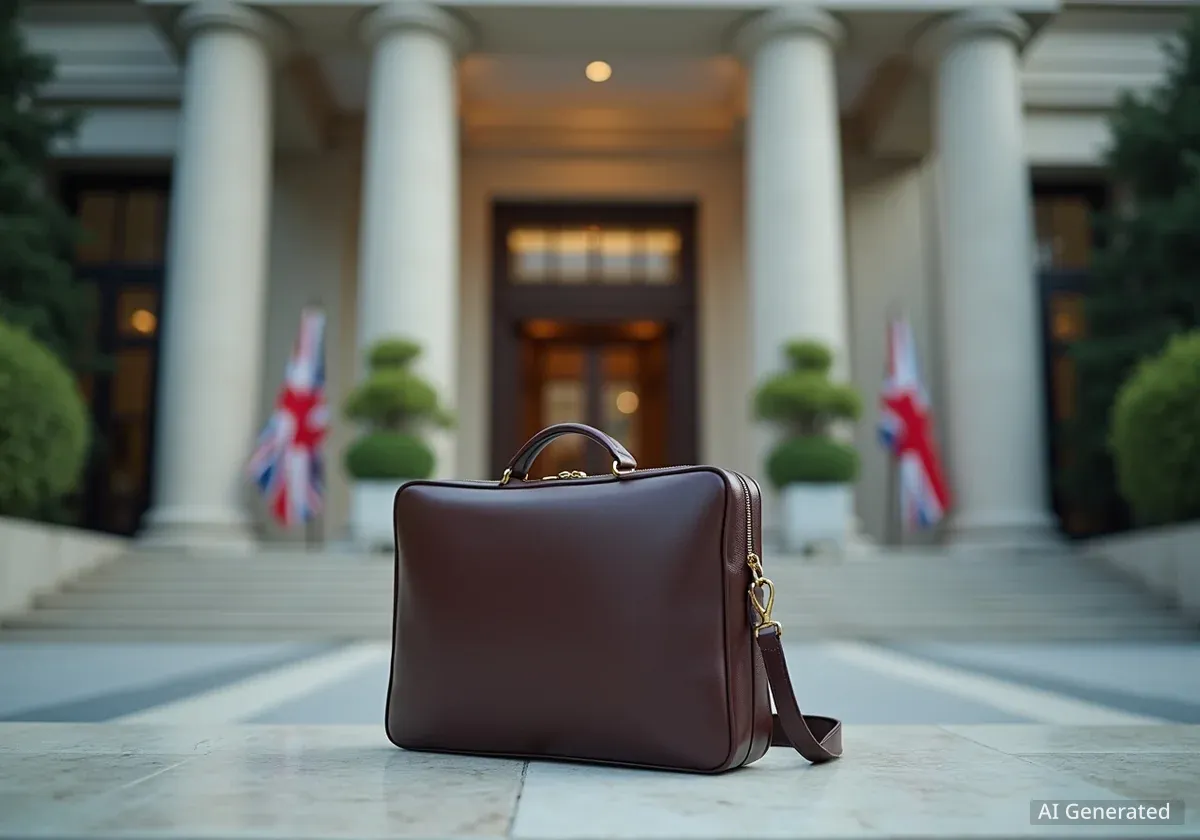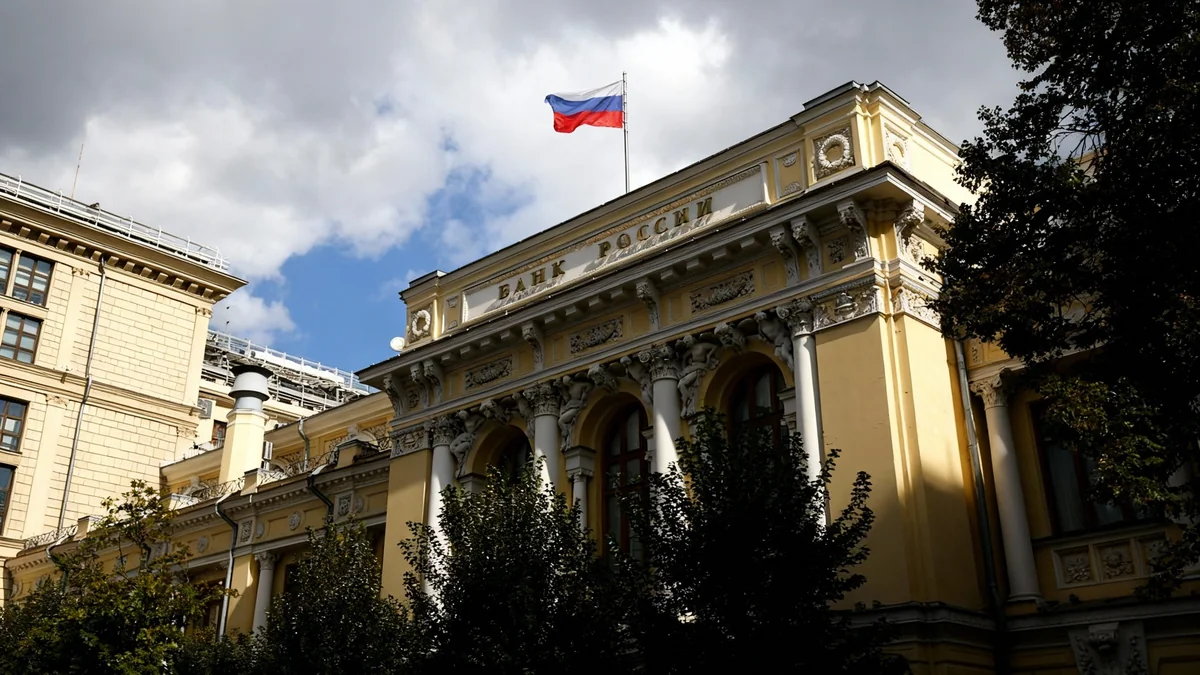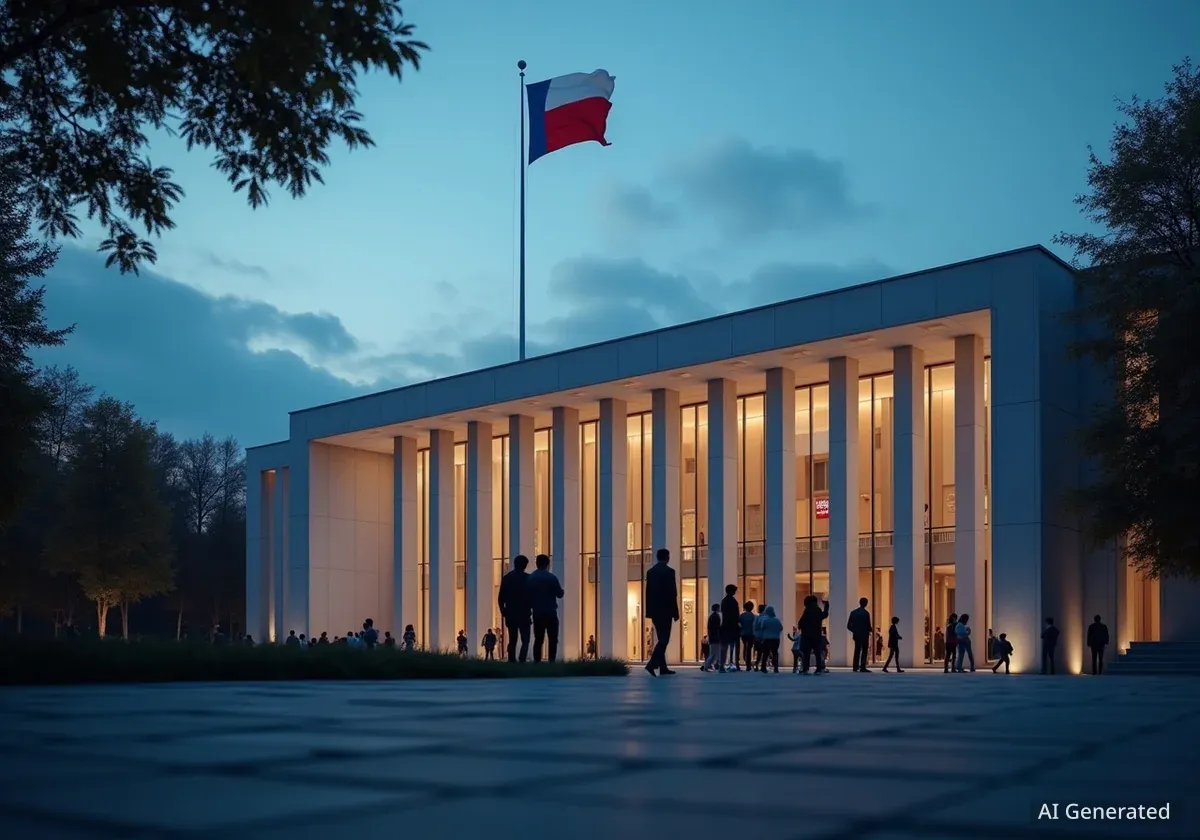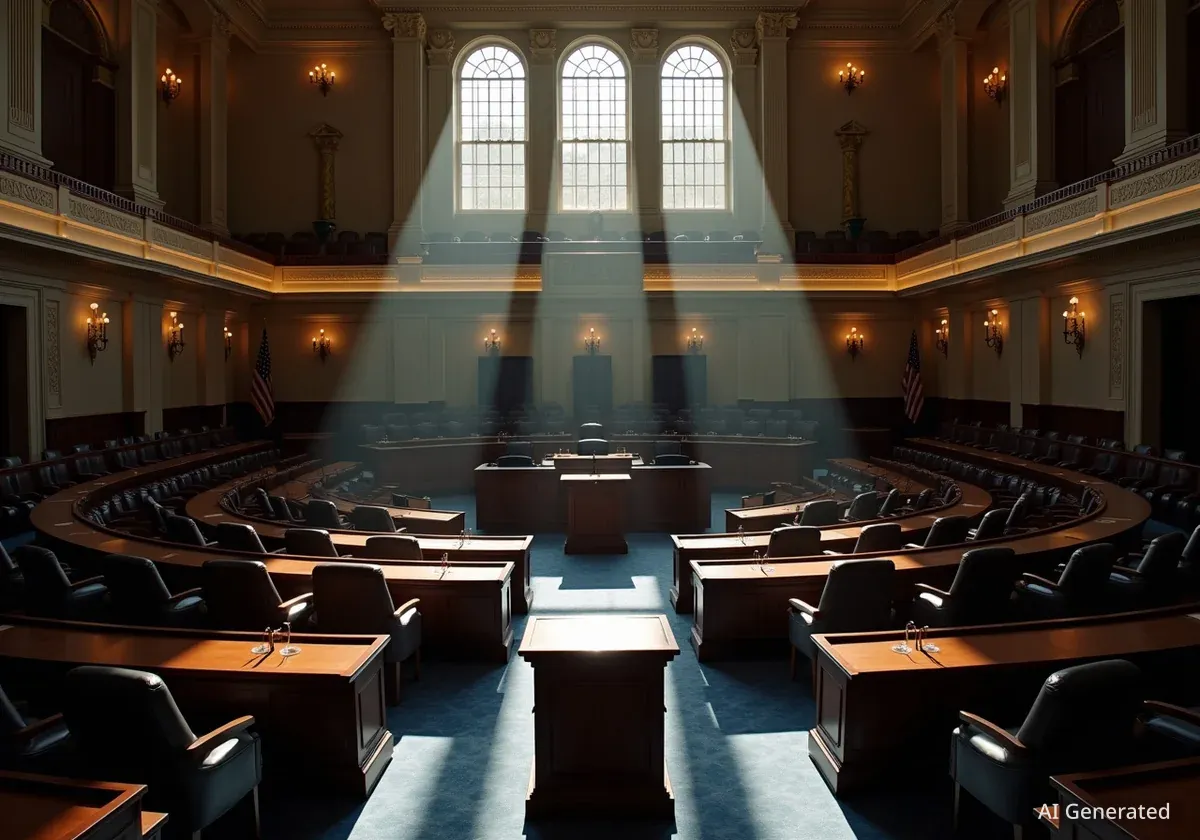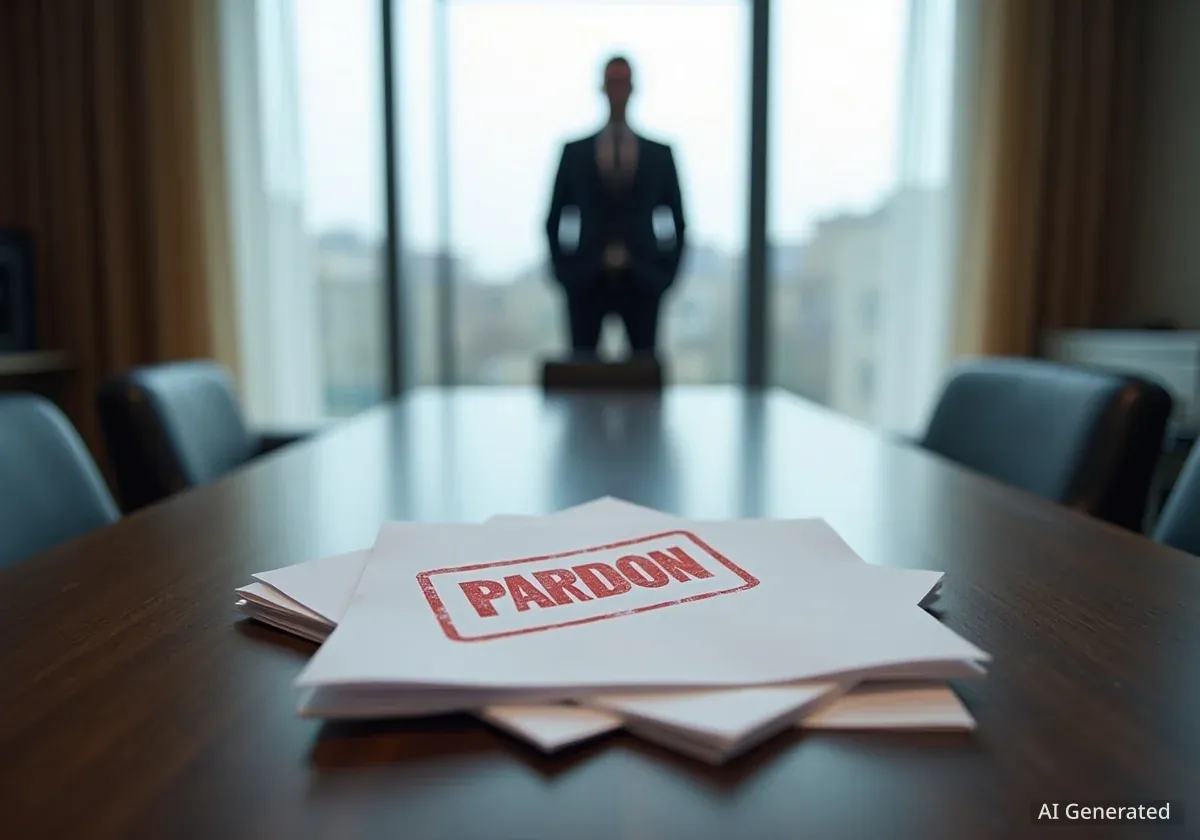Democratic Republic of Congo President Felix Tshisekedi announced on Monday that his country is negotiating a strategic partnership with the United States focused on mineral resources, but emphasized that this does not mean the nation's assets will be auctioned. Speaking in New York, Tshisekedi also stated that a U.S.-mediated peace deal with Rwanda has so far failed to stop the ongoing conflict in eastern Congo.
Key Takeaways
- President Tshisekedi confirmed the DRC will not “auction” its vast mineral resources to the United States.
- The DRC is currently negotiating a strategic partnership with the U.S. modeled after an existing agreement with China.
- A U.S.-brokered peace deal signed in June has not successfully halted fighting in eastern Congo, according to the President.
- Tshisekedi accused Rwanda of increasing its support for M23 rebels despite commitments to withdraw troops.
- Progress on a potential prisoner exchange, a key sticking point in peace talks, is reportedly awaiting approval from the Red Cross.
DRC Clarifies Position on Mineral Partnerships
President Felix Tshisekedi provided clarity on the Democratic Republic of Congo's approach to international partnerships concerning its extensive mineral wealth. While in New York, he confirmed active negotiations for a strategic agreement with the United States, drawing parallels to a similar partnership already established with China.
Despite his appreciation for American diplomatic efforts in the region, Tshisekedi made a firm statement regarding the country's sovereignty over its natural resources.
“We will, as part of this partnership, be working in the development of the mining sectors, developing the value chain, developing infrastructure with a particular emphasis on energy,” he explained. However, he stressed that his support for U.S. mediation “does not mean that we will auction our mineral resources.”
The President did not offer extensive details on the specifics of either the Chinese or the proposed American partnerships. The focus of these agreements is on creating a framework for developing the entire mining value chain, from extraction to processing, along with critical infrastructure projects.
A Wealth of Critical Minerals
The Democratic Republic of Congo holds some of the world's largest reserves of critical minerals essential for modern technology. It is the world's leading producer of cobalt, a key component in batteries for electric vehicles and electronics, and a major producer of copper. The nation also has significant deposits of tantalum, gold, and lithium, making it a focal point of geopolitical and economic interest for global powers like the U.S. and China.
US Peace Deal Falters in Eastern Congo
A significant part of Tshisekedi's address focused on the security situation in the eastern part of the country, where a U.S.-mediated peace deal signed on June 27 with Rwanda has failed to de-escalate the conflict. The agreement was intended to end the support that both Washington and United Nations experts say Rwanda provides to the M23 rebel group.
The Trump administration has expressed a strong desire to stabilize the region, which has seen thousands of deaths this year. A stable environment is seen as a prerequisite for attracting billions of dollars in Western investment needed to develop the region's mineral resources.
However, Tshisekedi reported that the violence continues unabated. He directly accused Rwanda of failing to honor its commitments under the peace accord.
“(Rwanda) pretended to withdraw their troops, but actually, they are increasing their support to M23,” Tshisekedi told reporters.
This accusation maintains the DRC's long-held position that Rwandan involvement is the primary driver of the conflict. Rwanda has consistently denied these allegations, stating its military actions are in self-defense.
Stalled Negotiations and Prisoner Exchange
The failure of the U.S.-led initiative follows other diplomatic efforts aimed at resolving the crisis. In March, Qatar brokered a meeting between Tshisekedi and Rwandan President Paul Kagame, which led to a call for a ceasefire and subsequent direct talks between the Congolese government and M23.
Those talks have also hit an impasse. The two sides missed an August 18 deadline to finalize a peace agreement, with major disagreements remaining. A key point of contention is the release of prisoners. The M23 group has demanded its members be freed before talks can meaningfully progress.
The Prisoner Dilemma
A Congolese government official involved in the negotiations previously stated that prisoners could only be released after a comprehensive peace agreement is signed. This procedural disagreement has effectively frozen the talks. However, President Tshisekedi suggested a potential breakthrough might be near.
He indicated that there has been some positive movement regarding a prisoner swap, which could help rebuild trust and restart the negotiation process. “As a matter of fact, we are waiting for the Red Cross to give us a go ahead to proceed with the exchange of prisoners,” Tshisekedi said.
The success of any potential exchange, and the broader peace process, remains dependent on resolving the deep-seated issues between the DRC and Rwanda and finding a sustainable path to disarming rebel groups in the mineral-rich eastern provinces.
